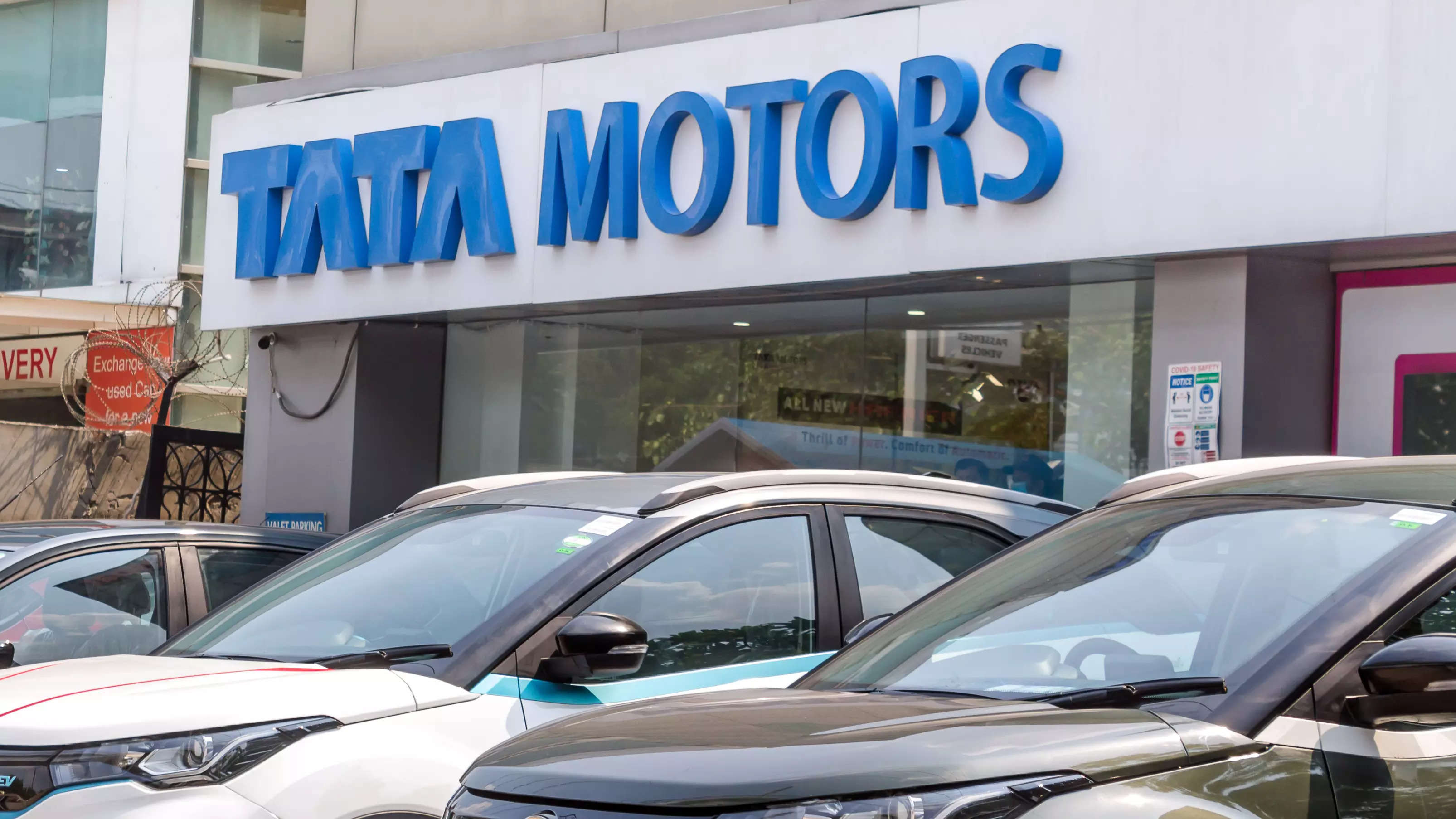
Tata Motors Ltd on Thursday said it will continue to produce diesel cars as long as customers demand and regulations permit while it accelerates the shift towards electric vehicles.
“We have shown the biggest commitment to what the government wants i.e., EVs. It is unfortunate that people are asking questions on diesel and not asking manufacturers who are not moving to EVs but we are asking questions on what about diesel. Forget that (diesel). That is in any case declining. It will decline on its own,” Shailesh Chandra, managing director, Tata Motors Passenger Vehicles and Tata Passenger Electric Mobility told reporters on the sidelines of the launch of the sport-utility vehicle Nexon.
The comments from the Mumbai-based automaker track road transport and highways minister Nitin Gadkari saying earlier this week that Indian automakers should voluntarily move away from “hazardous” fuel (that is diesel) or else the government may have to levy additional taxes to discourage sales of diesel vehicles. Gadkari, however, clarified later that there is no such proposal under “active consideration”.
Tata Motors, which sells a range of electric vehicles from small car Tiago to SUV Nexon, dominates the domestic EV industry with a market share of about 70%. While Hyundai Motor India and MG Motor India also sell EVs, the first electric car from Maruti Suzuki, the country’s top carmaker, is only expected in the next financial year. Luxury carmakers Mercedes-Benz, Audi and BMW also sell EVs in the country. Volkswagen, Skoda, Renault and Nissan are among companies who are still to launch EVs in India.
Chandra said while there is growing debate about the relevance of diesel vehicles, there is not much talk about companies who are still to launch a single electric vehicle. Tata Motors launched the new Nexon EV, which costs between Rs 14.74-19.94 lakh (ex-showroom). The company also introduced the Nexon with petrol and diesel engines with introductory prices starting from Rs 8.09 lakh (ex-showroom).
Domestic sales of diesel vehicles in India have fallen sharply since the price of the fuel was deregulated in 2014. About 18% of all passenger vehicles sold in the local market in FY23 comprised diesel models, compared to 53% in FY14.
“For us, we are very clear that we have defined our net zero in 2040, which means a very fast acceleration of EVs. Our focus is that. But at the same time, we realise that this transition will take time…10-15 years. Therefore, there are many people who want this (diesel),” Chandra said.
He said Tata Motors follows a simple policy and will keep adapting to government regulations. “For example, we discontinued so many models which were earlier diesel. And regulation itself does that. It lets you exist at the right time. When the regulation requirements become so stringent that a certain powertrain cannot exist, we will follow that. Now it is only in a few segments that you see diesel. Maybe after BS 7, it will further come under pressure. So, we will follow the market forces and we follow what the government brings,” he said.
Meanwhile, Tata Motors is planning to open exclusive retail outlets for electric vehicles this financial year as it wants to give a differentiated experience to customers opting for such eco-friendly vehicles. These outlets will initially come up in cities that are seeing a large offtake of EVs. “We need to have separate outlets because there would not be enough space to keep both EVs, ICE models in the same place. So, there’s a practical difficulty…we will not be able to do justice to both. So, you will start seeing exclusive outlets starting slowly from the coming quarters,” Chandra said.
He said sales of EVs, which comprise 14-15% of Tata Motors’ sales, are clocking a steady increase. “Revenue wise, it will be 18-20% as of quarter one (ended June 2023). Next three to four years, I would imagine this to go up to 25%,” he said, adding that the company expects to generate half of its sales volume from EVs by 2030.
















